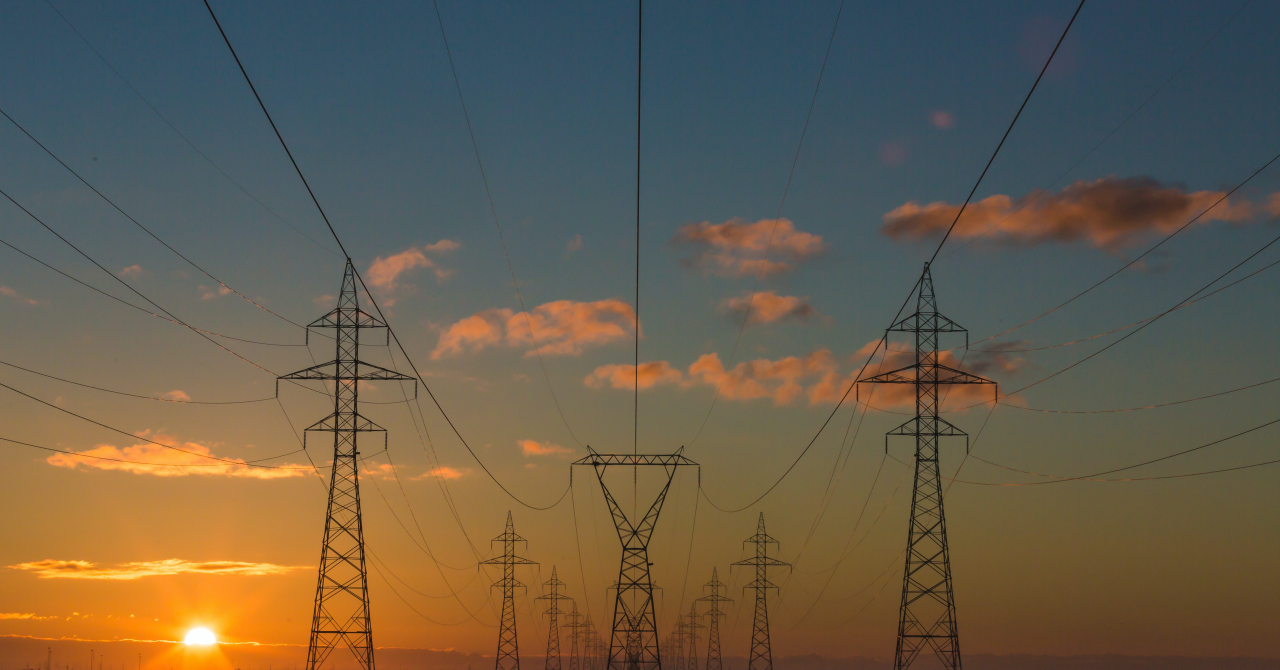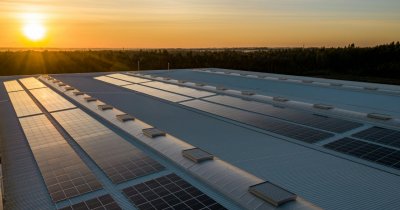Energy storage systems would allow renewables to continuously produce energy even when we don't directly use it, so we have access to electricity when it can't be produced, during the night, for example.
According to Euronews.green, Matt Harper, co-founder and CCO of Invinity Energy Systems, said that "the only thing that’s holding those resources back from becoming 100 per cent of our total electricity generation is the ability to store that energy and dispatch it as needed."
Being able to store the generated green energy is important as renewables have gotten cheaper compared to fossil-sources and the UK is one country that will produce green energy as much as four times cheaper than current gas prices.
In fact, according to data from the International Energy Agency (IEA), 80% of the worldwide investment in the energy sector goes towards storage systems, the grid and renewables.
"Our company is not the only one that’s going to have a part in this. There are different technologies that are going to solve different parts of the storage problem", Harper added.
Invinity Energy Systems tries to bring new energy storage solutions to the market in the form of vanadium flow batteries.
These types of batteries store energy in the form of electrolytes, which are liquids that are being pumped into large tanks and then passed through a "cell", which converts it into power when demand increases.
Compared to lithium, vanadium has a few advantages, such as being able to store and deliver energy over tens of thousands of cycles before it starts to degrade, which means that it should be able to deliver energy reliably for longer.
Vanadium still needs to be mined, but it is still more abundant compared to lithium or copper.
Also, it is a byproduct of petrochemical refining processes, which means that there are "hundreds of millions of tons of vanadium sitting there waiting to be repurposed in waste piles."
Lithium-ion batteries still have a place in the world of energy storage solutions, says Harper, as "over the last five or six years, lithium-ion batteries have proven that they can solve some of the trickiest problems on the electric grid."
Storing energy is very important especially in places where renewables have become so ubiquitous that they tend to generate more energy than is needed at certain times during the day.
"One of the things that we see around the world is that solar power generation has become so inexpensive that a lot of portions of the electric grid simply aren’t able to absorb any more solar power", says the co-founder of Invinity Energy Systems.
Natural storage systems
We can also make use of water reservoirs to create "natural battery systems", such as Switzerland's hydro-battery, which implies having two bodies of water located at different heights, so when power is needed, water is being released from the higher one and spins a turbine, which generates power.
Then, the water that reaches the bottom water reservoir is pumped back up for "recharging".
Other companies, such as Polar Nights Energy, built an energy storage system based on sand.
The system works in the way that it stores electricity as heat in sand grains, although it needs perfecting when it comes to delivering energy to the grid.
Whatever storage system companies develop, it is important for us to implement them in as many locations as possible, especially in those that have high potential for generating large amounts of solar, wind or hydro power, for example.
"Imagine the electric grid in 2040. You’ve got solar and wind generation, and probably some other sources like geothermal and tidal power, that are providing 100 per cent of our electricity needs", mentions Matt Harper.
 Mihai - Cristian Ioniță
Mihai - Cristian Ioniță












Any thoughts?